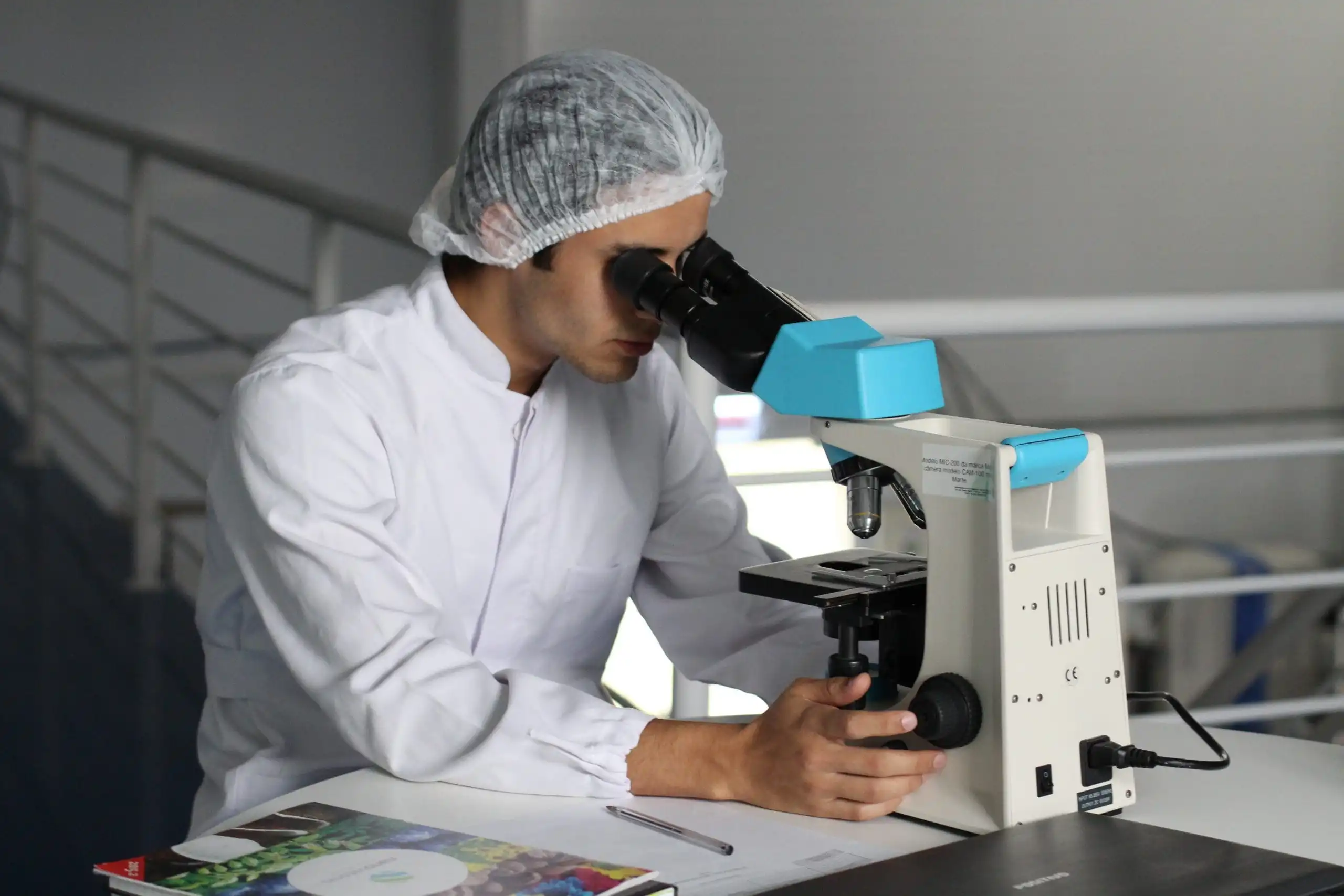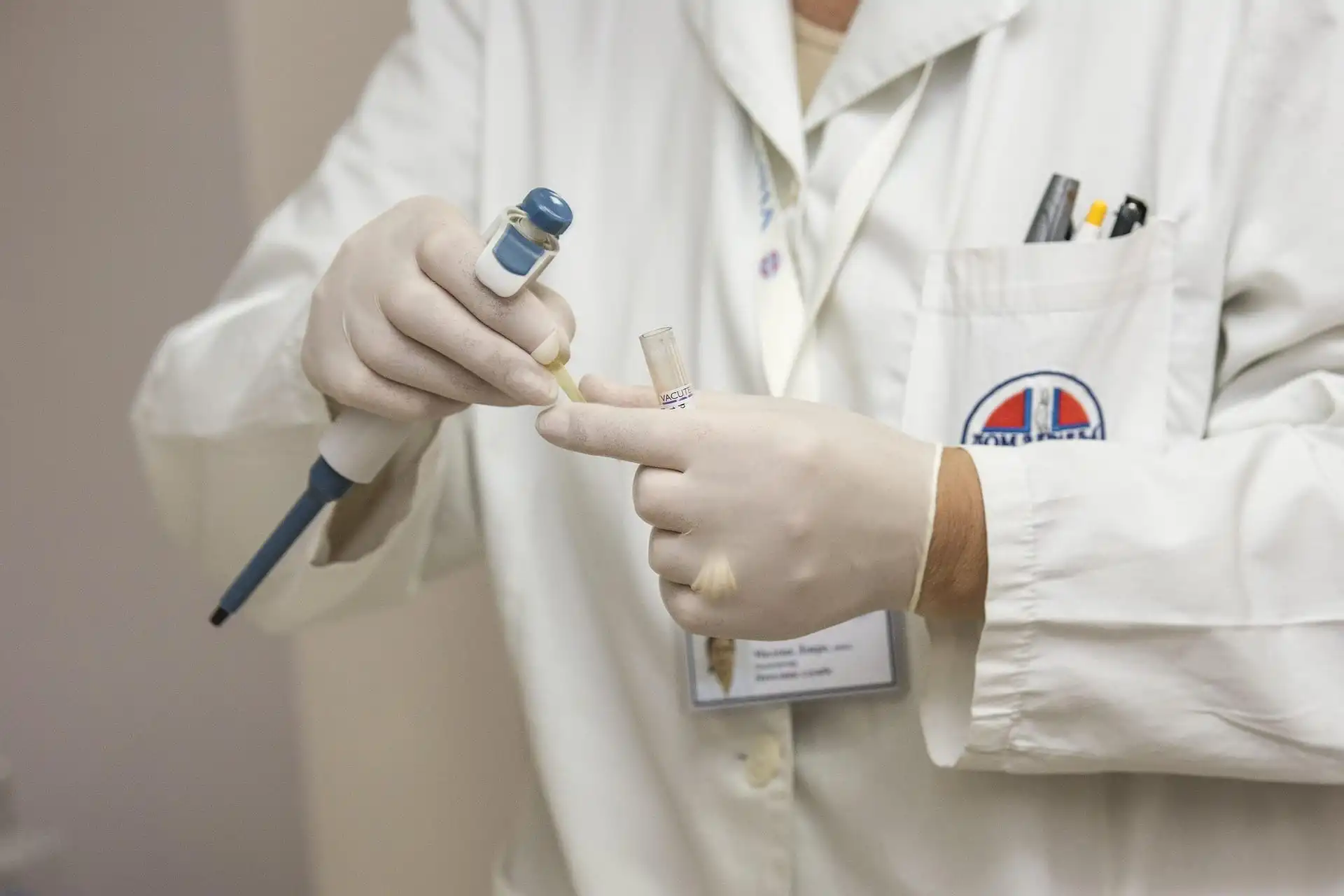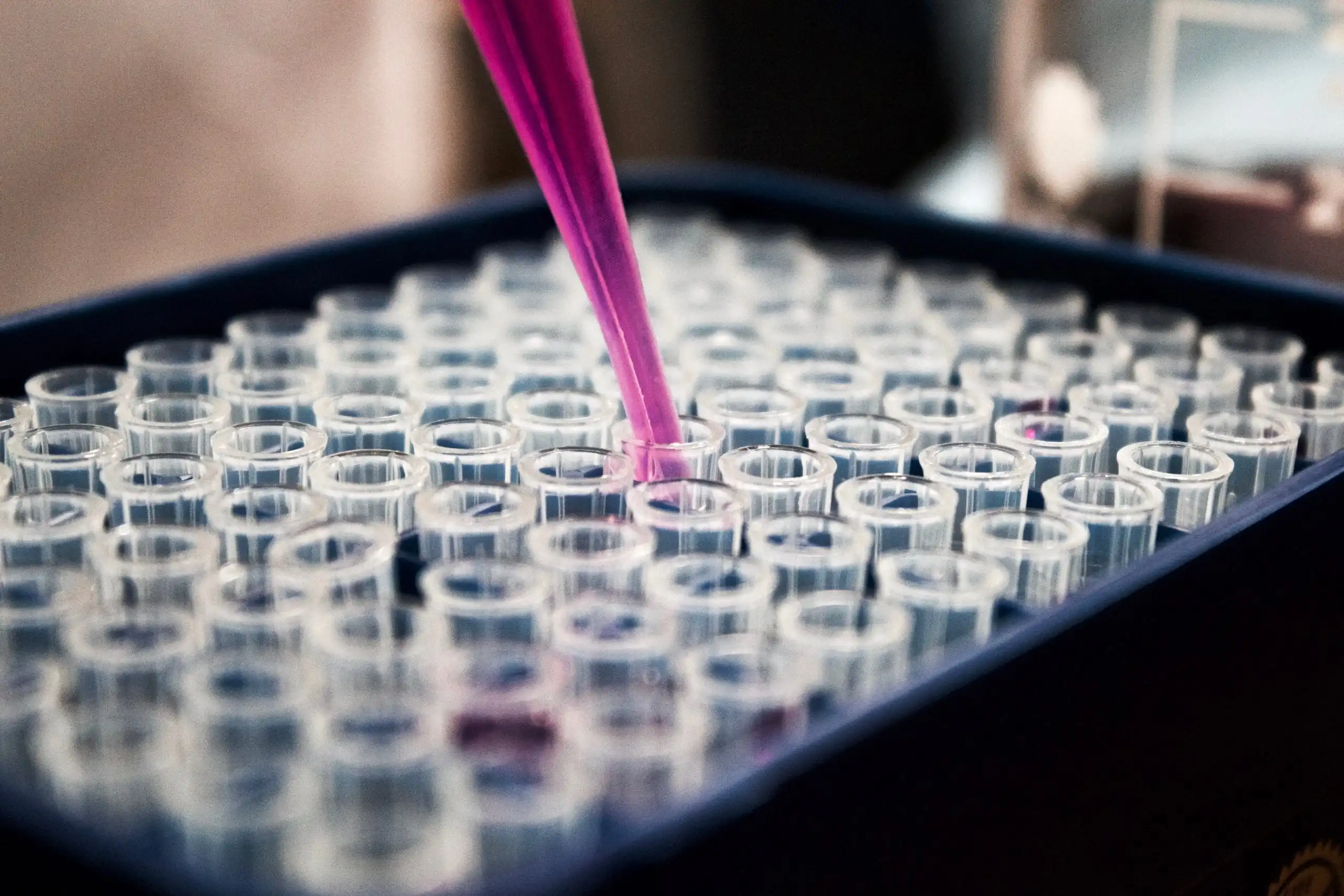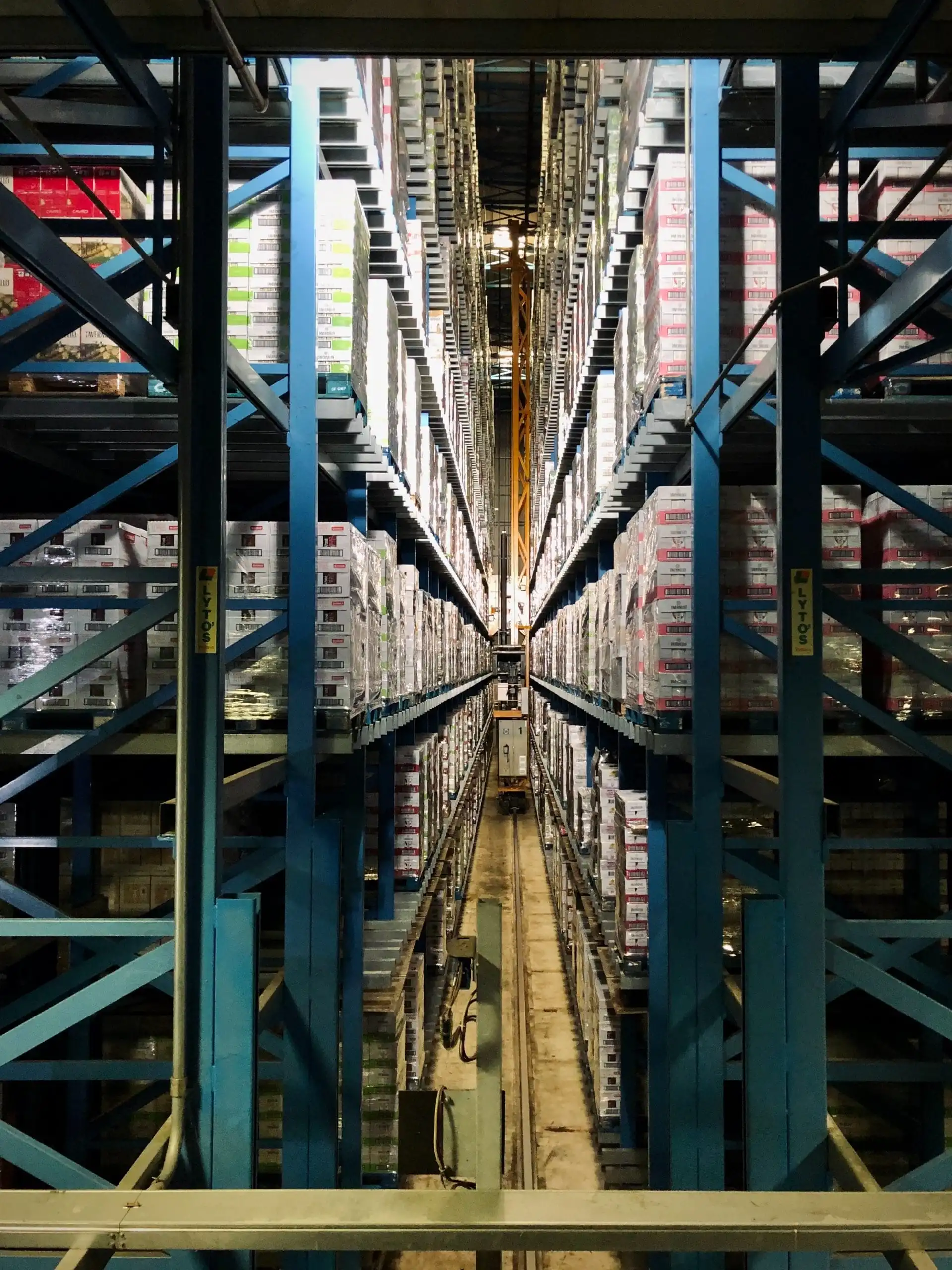
The pharmaceutical industry plays a crucial role in advancing global healthcare by developing, manufacturing, and distributing innovative medications. As the landscape of healthcare continues to evolve, the medical needs within the pharma industry have become increasingly complex and diverse. In this article, we will delve into the key aspects of medical needs in the pharma industry, exploring the challenges, advancements, and the future direction of this vital sector.
Want to buy GMP API pharmaceutical ingredients ?
MedicaPharma ensures access to GMP active pharmaceutical ingredients across multiple resilient global supply chains. Click here to view a full GMP API product list.
MedicaPharma is capable of supplying all GMP materials needed; our experience with sourcing materials that are difficult to obtain makes us the ultimate choice; just challenge us, we will find any material you need.
Add your Chemical Name below and click GO!
Get your requested raw materials quotation
Table of Contents
Rapid Technological Advancements
The pace of technological advancements has dramatically impacted the pharmaceutical landscape. From precision medicine and gene therapy to artificial intelligence (AI) and machine learning, the pharma industry is witnessing a paradigm shift in its approach to drug discovery, development, and manufacturing. The medical needs now extend beyond traditional treatments to embrace cutting-edge therapies that target specific genetic markers or utilize sophisticated algorithms for drug design.
Get your requested raw materials quotation
Personalized Medicine
One of the significant shifts in medical needs is the increasing demand for personalized medicine. Rather than adopting a one-size-fits-all approach, there is a growing emphasis on tailoring treatments to individual patients based on their genetic makeup, lifestyle, and environmental factors. This requires a deeper understanding of genomics, proteomics, and other omics data, leading to the development of therapies that are more effective and have fewer side effects.
Rare Diseases and Orphan Drugs
The pharma industry is now addressing the medical needs of individuals with rare diseases through the development of orphan drugs. These medications target conditions that affect a small percentage of the population, making them economically challenging for pharmaceutical companies. However, advancements in understanding rare diseases at the molecular level have paved the way for the development of targeted therapies, bringing hope to patients who previously had limited or no treatment options.
Global Health Challenges
In addition to technological advancements, the pharma industry is grappling with global health challenges, including infectious diseases, pandemics, and antimicrobial resistance. The need for rapid vaccine development, effective antiviral drugs, and solutions to combat emerging infectious diseases has become paramount. The ongoing COVID-19 pandemic has highlighted the importance of a robust pharmaceutical industry capable of responding swiftly to unforeseen health crises.
Where to Buy Pharmaceutical Products
MedicaPharma is an EU-based pharmaceutical distribution partner that collaborates with CMOs to provide GMP-certified active pharmaceutical ingredients (APIs) to clients worldwide. Click here for a product list.
Patient-Centric Approach
A fundamental shift towards a patient-centric approach is reshaping the medical needs within the pharma industry. Patients are no longer passive recipients of medical care but active participants in their treatment journey. This change necessitates the development of therapies that not only address the biological aspects of diseases but also consider the patients’ quality of life, treatment preferences, and overall well-being. Patient engagement and feedback are becoming integral to the drug development process.
Regulatory Compliance and Drug Safety
The pharma industry faces stringent regulatory requirements to ensure the safety and efficacy of drugs. Meeting these regulatory standards is essential to gaining approval for new medications and maintaining public trust. As medical needs evolve, regulatory bodies are adapting to assess and approve innovative therapies, including breakthrough designations and accelerated approval pathways. Drug safety monitoring and pharmacovigilance systems are also evolving to detect and address potential adverse effects more efficiently.
Affordability and Access
While developing cutting-edge therapies is crucial, ensuring their affordability and accessibility is equally important. The rising cost of healthcare and medications has become a global concern. Balancing the need for innovation with the imperative to make medications accessible to a broad population is a delicate challenge. The pharma industry is exploring novel pricing models, collaboration with healthcare providers, and increased focus on generic and biosimilar drugs to enhance affordability.
Supply Chain Resilience:
The COVID-19 pandemic exposed vulnerabilities in the pharmaceutical supply chain, prompting a reassessment of its resilience. Ensuring a stable supply of essential medications, active pharmaceutical ingredients (APIs), and raw materials is critical to meeting medical needs. The industry is exploring strategies such as diversifying sourcing locations, investing in digital supply chain technologies, and adopting agile manufacturing processes to enhance flexibility and responsiveness.
Environmental Sustainability
The pharma industry is increasingly recognizing the importance of environmental sustainability. As a major consumer of resources and contributor to pollution, the industry is exploring ways to reduce its environmental impact. This includes adopting green manufacturing practices, minimizing waste generation, and investing in eco-friendly packaging. Balancing environmental sustainability with the imperative to produce life-saving medications presents a complex but necessary challenge.
Conclusion
The medical needs within the pharmaceutical industry are dynamic and multifaceted, driven by technological advancements, societal changes, and global health challenges. Addressing these needs requires a collaborative effort involving pharmaceutical companies, regulatory bodies, healthcare providers, and patients. As the industry continues to evolve, a commitment to innovation, patient-centered care, regulatory compliance, and environmental sustainability will be crucial to meeting the diverse and ever-changing medical needs of the global population. By navigating these challenges thoughtfully, the pharmaceutical industry can contribute significantly to advancing healthcare and improving the quality of life for individuals around the world.


















